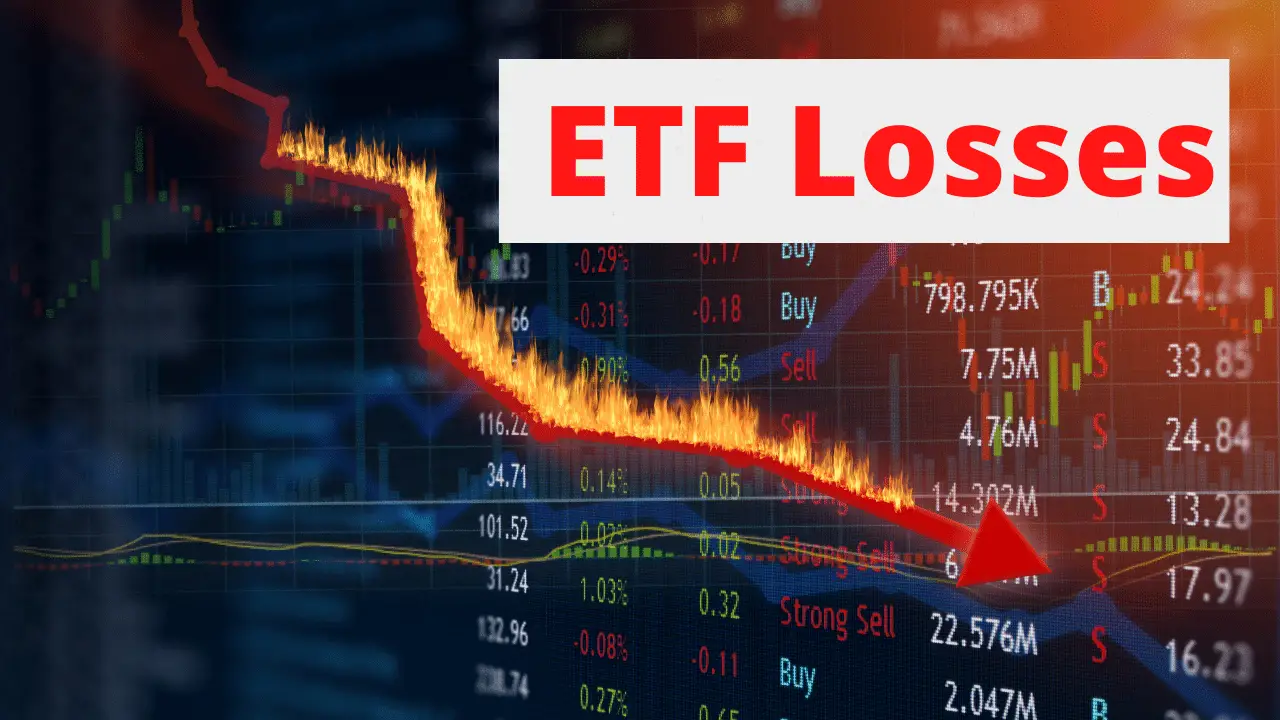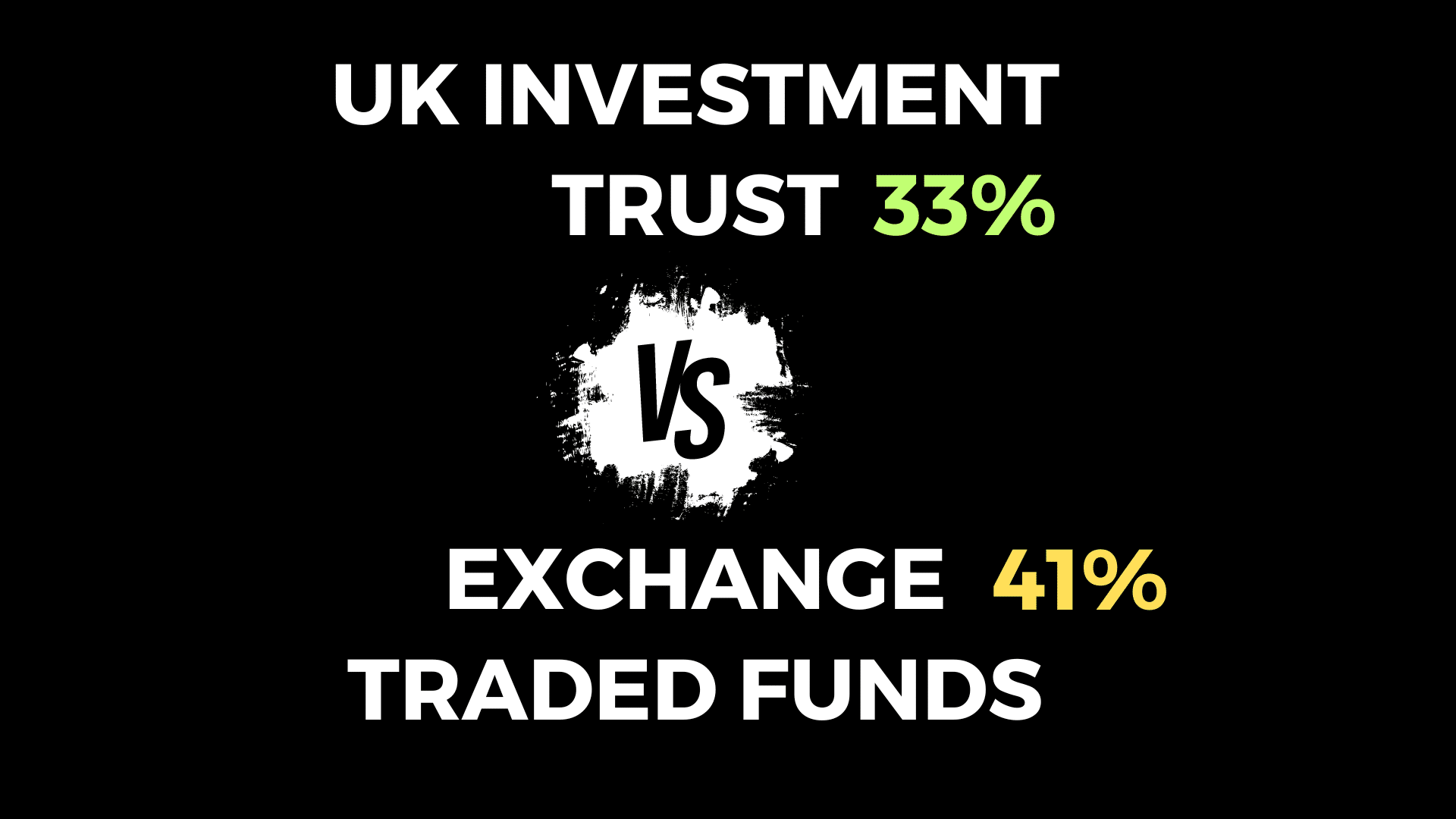New investors are often advised that one of the best ways to invest is to place your capital into some broad-based exchange-traded fund that tracks an index such as the S&P 500. The reason being is that it has been a foolproof way of investing for the last few decades, often outperforming big hedge funds on Wall Street.
The Irish tax rules for investing are more favourable for stocks than ETFs. Capital gains made on stocks attract a tax rate of 33%, whereas ETFs are taxed on exit tax rates of 41%. Although the tax rate is higher on ETFs, many investors may still prefer to invest in ETFs as there is far less time needed to manage your investment portfolio versus if you owned a basket of stocks.
One downside that is rarely spoken about in relation to investing in ETFs in Ireland, is the rules surrounding how losses are treated for tax purposes. In this blog post, we will take a look a deeper look at this so you can assess the potential risks vs rewards of ETF investing in Ireland.

The general narrative about the market is that it always goes up but this is not the case. The recent experience with indexes such as the S&P 500 has been that there has been a bull market since the 2008 financial crash funded be some of the loosest monetary policies ever seen. Just two years since 2008 have closed out as red years.
Other indices such as the FTSE 100 and the Nikkei 225 have seen periods where there have been more consistent losses and movement sideways. So we cannot rule out this from happening in the near future for the S&P 500 after such a long bull run.
But what are the downsides of making a loss with and ETF in Ireland?
Losses made on ETFs in Ireland are not available for offset against gains made on other ETFs or stocks that you own. If you make a loss on your ETF and close your position that loss is gone and cannot be used to reduce your tax bills.
If we compare this to investing in stocks in Ireland. If you invest in two stocks and you make a profit of €2,000 on one and make a loss of €400 on another can offset that loss of €400 against your profits. The result is your taxable gain is €1,600.
If you applied this example but now we are investing in ETFs. The taxable gain in this case would be €2,000 as the €400 loss would not be available for offset.
This is a point that is rarely talked about when deciding whether to invest your money in stocks or ETFs. But is something that should be taken into consideration when deciding what investment vehicle to go with.
If you are wondering what are the best brokerages in Ireland to invest in ETFs like the S&P 500 then this blog post may be of interest to you.
This blog post is for informational and educational purposes only and should not be construed as financial advice.






